One of the main opponents Huawei will have to position Huawei P8 in the market is the HTC One M9, with which it shares, in addition and as happened with the iPhone 6, the appeal of the metal cover. We leave a comparison in which we measure both the technical specifications for the judge yourselves. The new Huawei P8, presented this week, is a terminal that is willing to fight the kings of the market, including the best-known market smartphones (see Samsung Galaxy S6 versus iPhone 6).
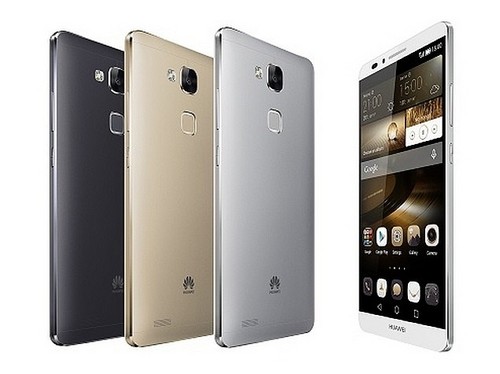
Design
Huawei P8 not only have metal in common with HTC One M9 and iPhone 6, it also makes a very different use of it, which makes beyond this match, because aesthetics have little in common, in fact, with smoother lines and the same tone on the front in the smartphone of HTC and lower in the Huawei P8, with straighter lines and frames.
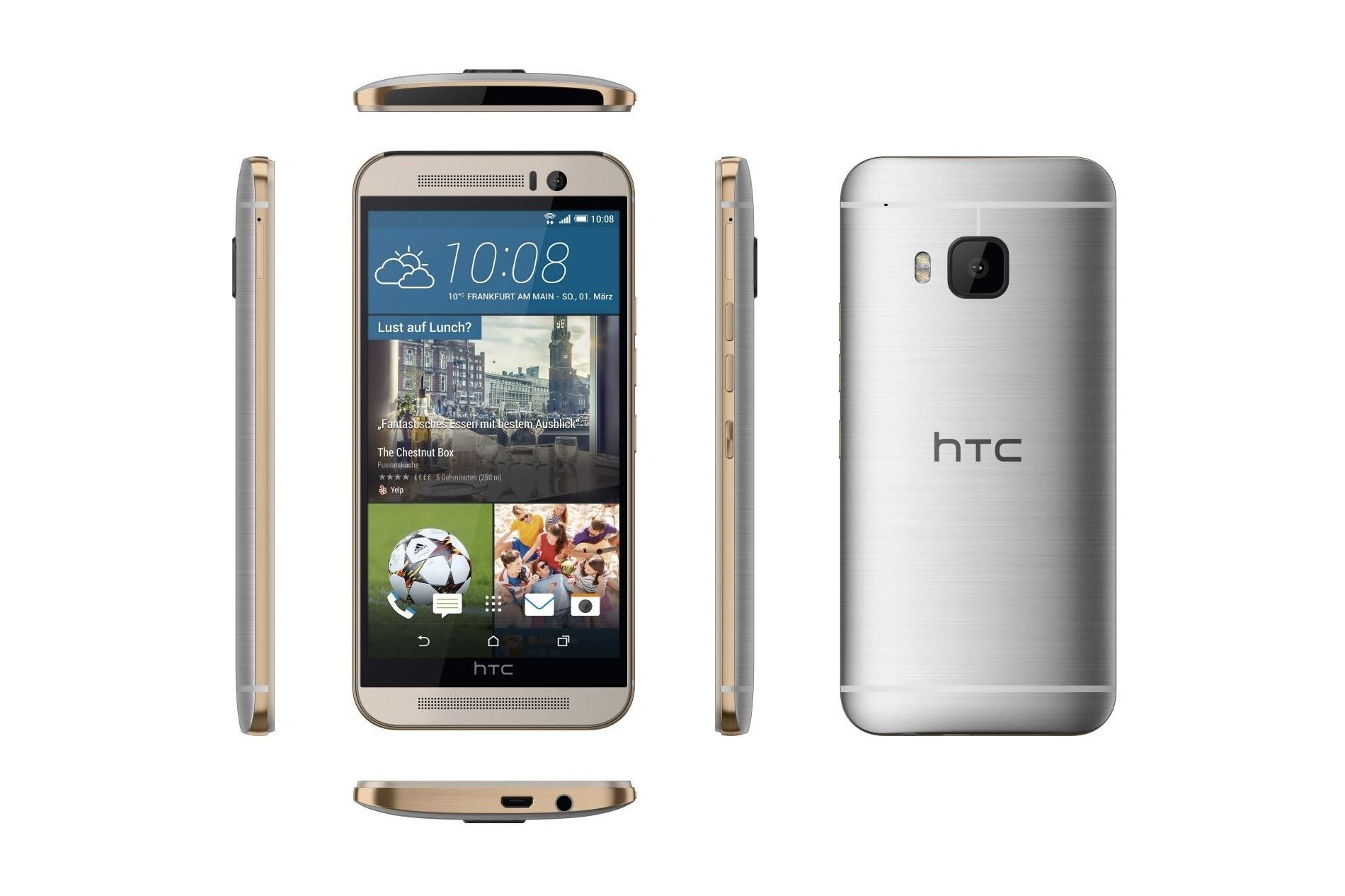
In this case we have two devices seeking to be premium, both offer metallic finishes, but the reality is that they are quite beautiful and very good materials for smartphones, here there will be small details that define the taste, less weight, more narrow, rounded edges, more rounded back cover, roughly brushed metal finish, details that are one world and each user will decide what likes the most.
That small difference in thickness within the framework makes them a virtually identical size (14.49 x 7.21 x 14.46 cm vs. 6.97 cm) although Huawei P8 screen is somewhat larger, as we will see below. It is also much thinner (6.4 mm versus 9.6 mm) and somewhat lighter (144 grams versus 157 grams).
Display
The major difference in terms of technical specifications between the two screens is entered by the somewhat larger size of Huawei P8 (5.2 inches vs. 5 inches), which makes its pixel density somewhat lower (424 PPI against 424 PPI) to despite having exactly the same resolution.
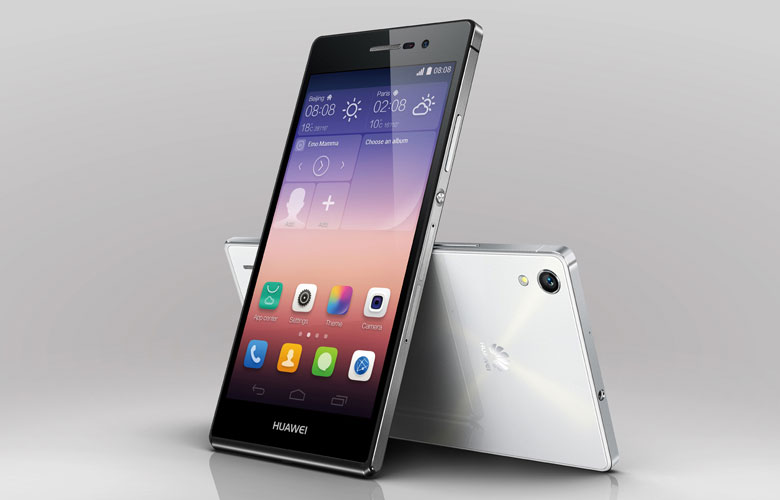
From what we have seen so far, it brings many innovations, as the FullHD that, despite its resolution and pixel density per inch, is very good. The strength of Huawei can come in new QHD technology and see if it is able to deal with some of the sharpest problems of mobile screens, operation of direct sunlight can be an important point when evaluating screen if it gets highlighted.
Cameras
The experience we've seen in the HTC One M9 has been quite positive in general, we have seen a camera with good quality in general, which the Huawei P8 surely be able to match.
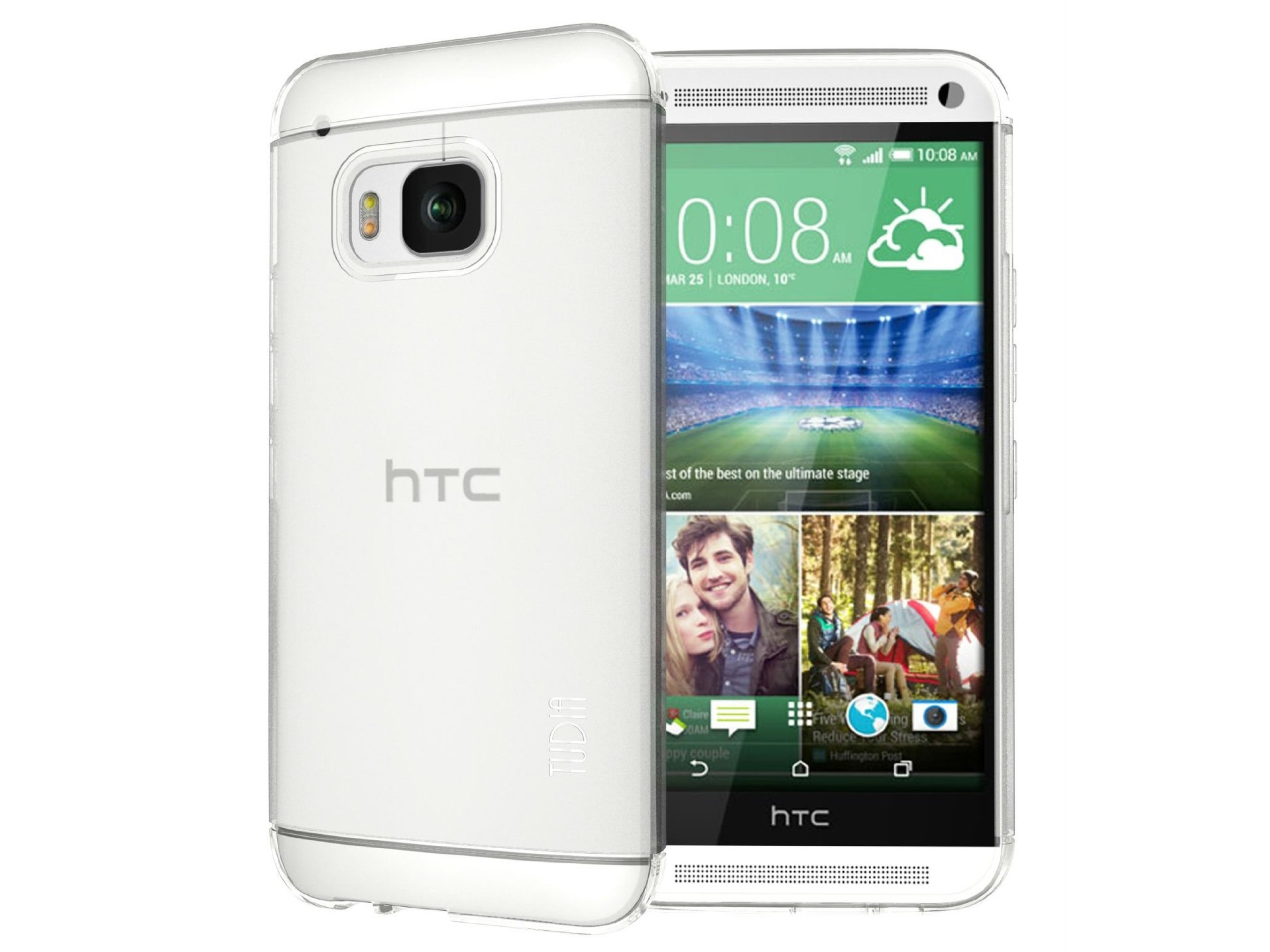
If we look at the figures, this is a win-win for both smartphones, as for the HTC One M9, it has a clearly better main camera, in term of size, with 20 megapixels against 13 megapixels of Huaweis P8's. While for the front camera, however, Huawei smartphone has 8 megapixels, that compared to HTC's 4 megapixels you can see the difference (although this uses technology Ultrapixel, which means fairly good results).
The details probably will make the difference over the HTC One M9 with the Huawei P8, but we will have to wait for the field test to check.
Software/Hardware
We find similar data in the section on performance, even though the processor is different, a Kirin 930 Octa-Core at 2.0 GHz for Huawei P8 and an Octa-Core Snapdragon 810 at 2.0 GHz for HTC One M9, and 3 GB of RAM for both. Little can be said, but in terms of of efficiency and power, we can expect a good performance in general for both models.
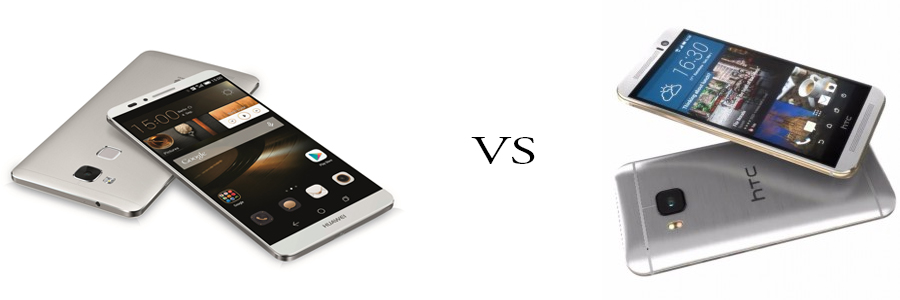
To whom is the advantage as far as storage capacity is concerned: if we go for the most affordable model, the HTC One M9 has 32 GB of internal memory and Huawei P8 has 16 GB, whereas if we have the maximum available, it is the latter that wins, with up to 64 GB via MicroSD card. Both give us the option, in any case, to expand its memory externally via microSD.
In terms of autonomy, the balance tips to HTC One M9 side, if we compare the battery capacity of both smartphones (2680 mAh vs. 2840 mAh), but if we think of the difference in thickness between the two of them, we must grant Huawei some merit so close that remains. Will have to wait, in any case, until the Huawei P8 pass by independent tests to measure the actual autonomy of each.